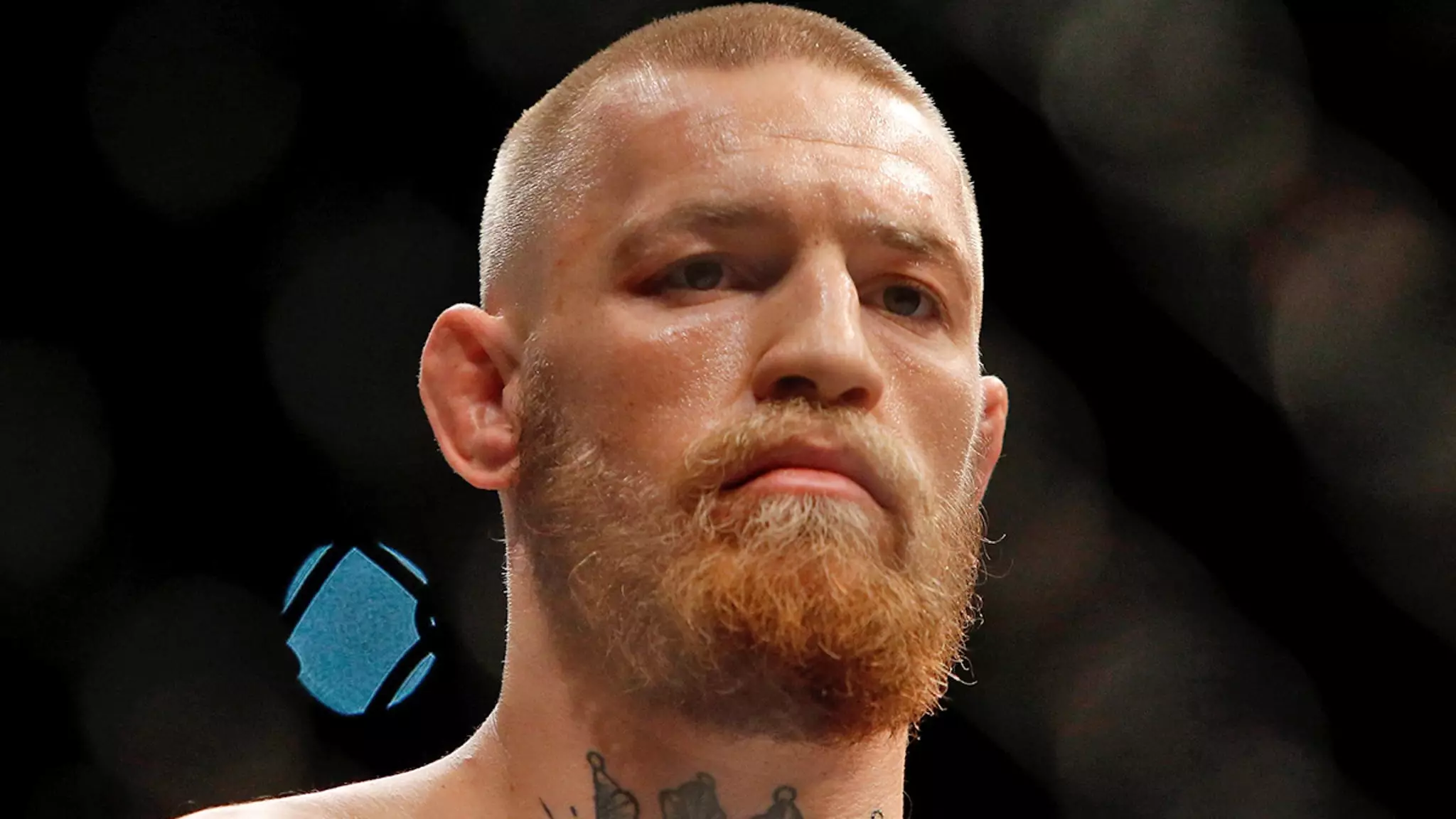Conor McGregor, the notorious MMA fighter, is once again at the center of a media storm after a civil jury ruled him liable for assault in a rape case from Ireland. This verdict has triggered a wave of reactions from the fighter, who did not shy away from venting his thoughts on social media. Following the announcement, McGregor found himself in a contentious exchange with the Irish Independent newspaper’s post, which proclaimed that “justice has been served.” His reaction was fierce and combative, showcasing a pattern of defiance and an unwillingness to accept the courtroom’s findings.
Central to McGregor’s outrage is not just his own liability but also the separate case of James Lawrence, a friend whom he believes has been wronged by false accusations. While the jury absolved Lawrence of any wrongdoing, McGregor took to social media proclaiming Lawrence’s innocence and arguing against what he called the “vicious lies” perpetrated by an individual named Nikita Ni Lamhain. In McGregor’s view, the jury’s decision highlighted a two-tiered narrative, where one man walked away exonerated, while he himself was not so fortunate.
The fighter’s insistence on Lawrence’s exoneration added a layer of complexity to an already fraught situation. In making sweeping statements regarding both men being falsely accused, McGregor seemed to dismiss the jury’s decision, illustrating a defense mechanism in the face of personal loss. His echoing phrase, “disgraceful,” emphasized his belief that the judicial system had unjustly mishandled their cases.
Social media has become the battleground for McGregor’s campaign against the verdict that has marred his reputation. His posts were filled with proclamations that the truth would soon emerge and that he would be vindicated on appeal. This behavior raises critical questions about how public figures navigate legal challenges and the impact of social media platforms in shaping public perception. In some ways, McGregor’s rhetoric mirrors that of many high-profile personalities who, when faced with legal consequences, resort to using their platforms to claim victimhood and sow doubt about the judicial process.
Despite McGregor’s unwavering assertions, the jury’s award of approximately $250,000 in damages to Ni Lamhain signals a judiciary that has taken her allegations seriously. Jurors clearly found the accounts presented compelling enough to deliver a verdict against McGregor. His subsequent declaration of intent to appeal highlights his ongoing struggle to grapple with the ramifications of losing in court.
McGregor’s ongoing saga raises broader issues regarding justice and accountability in high-profile cases involving sexual assault. While he emphasizes the importance of his and Lawrence’s narratives, Ni Lamhain’s claims and the jury’s acknowledgment must also be recognized. The juxtaposition of truth claims by both parties complicates the discourse surrounding sexual assault, often overshadowed by the individuals involved rather than focusing on the systemic issues at play.
As McGregor prepares to engage in a legal battle through appeals, the tightrope between public opinion and judicial outcomes will continue to be precarious. The case highlights a pressing need for society to navigate the complexities of justice carefully, ensuring that all voices are heard while maintaining the integrity of legal proceedings. Conor McGregor’s tale—a reflection of defiance, disappointment, and a desperate quest for redemption—provides a microcosm of the challenges facing many in the sphere of high-profile accusations and their fallout.

